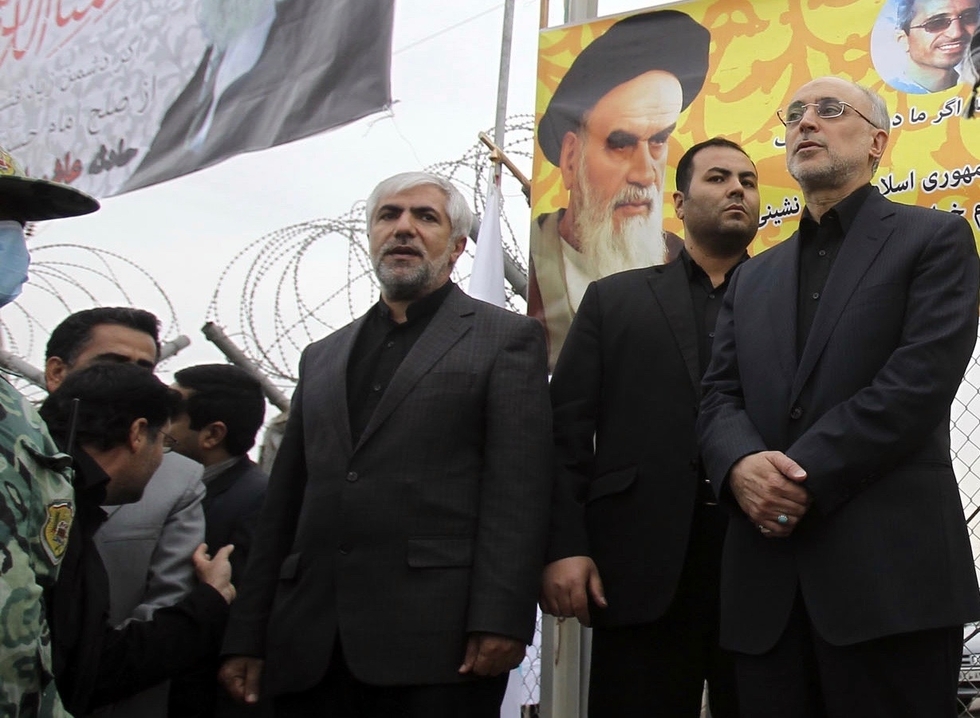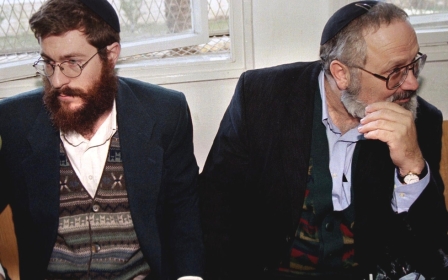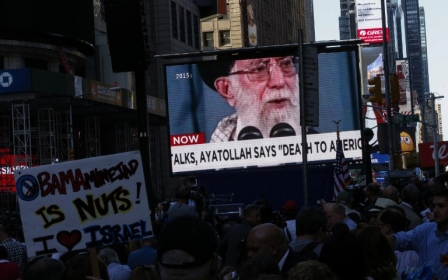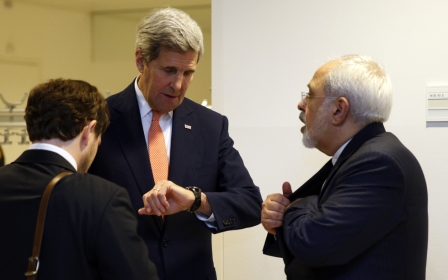Iran deploys long-range missile defences at Fordo nuclear site

Tehran has deployed a recently delivered Russian-made long-range missile system to central Iran to protect its Fordo nuclear facility, state television said on Sunday.
Protecting nuclear facilities is paramount "in all circumstances" General Farzad Esmaili, the commander of Iran's air defences, told the IRIB channel.
"Today, Iran's sky is one of the most secure in the region," he added
A video showed an S-300 carrier truck in Fordo, raising its missile launchers toward the sky, next to other counter-strike weaponry.
The images were aired hours after supreme leader Ayatollah Ali Khamenei gave a speech to air force commanders, including Esmaili, in which he stressed that Iranian military power was for defensive purposes only.
The missile defense system is one of the most advanced of its kind in the world, offering long-range protection against both airplanes and missiles, the Times of Israel reported. The first shipment arrived in Iran in April.
In 2010, Russia froze a deal to supply the system to Iran, linking the decision to UN sanctions instituted because of Tehran’s nuclear program, the Times said. Putin lifted the suspension in July 2015, after Iran’s deal with six world powers that curbed its nuclear program in exchange for relief from international sanctions.
Israel has long sought to block the sale to Iran of the S-300 system, which analysts say could impede a potential Israeli strike on Tehran’s nuclear facilities, the Times said. Other officials have expressed concern that the systems could reach Syria and Hezbollah, diluting Israel’s regional air supremacy.
"Continued opposition and hype on the S-300 or the Fordo site are examples of the viciousness of the enemy," Khamenei said.
"The S-300 system is a defence system, not an assault one, but the Americans did their best for Iran not to get hold of it."
The Fordo site, built into a mountain near the city of Qom, has stopped enriching uranium since the January implementation of a nuclear deal with world powers.
Under the historic accord, Iran dismantled most of its estimated 19,000 centrifuges, giant spinning machines that enrich uranium, keeping only 5,000 active for research purposes.
Iran and the US, Britain, China, France, Germany and Russia negotiated for more than two years before signing a historic July 2015 agreement that removed some international sanctions in return for curbs on Tehran's controversial atomic programme.
New MEE newsletter: Jerusalem Dispatch
Sign up to get the latest insights and analysis on Israel-Palestine, alongside Turkey Unpacked and other MEE newsletters
Middle East Eye delivers independent and unrivalled coverage and analysis of the Middle East, North Africa and beyond. To learn more about republishing this content and the associated fees, please fill out this form. More about MEE can be found here.




